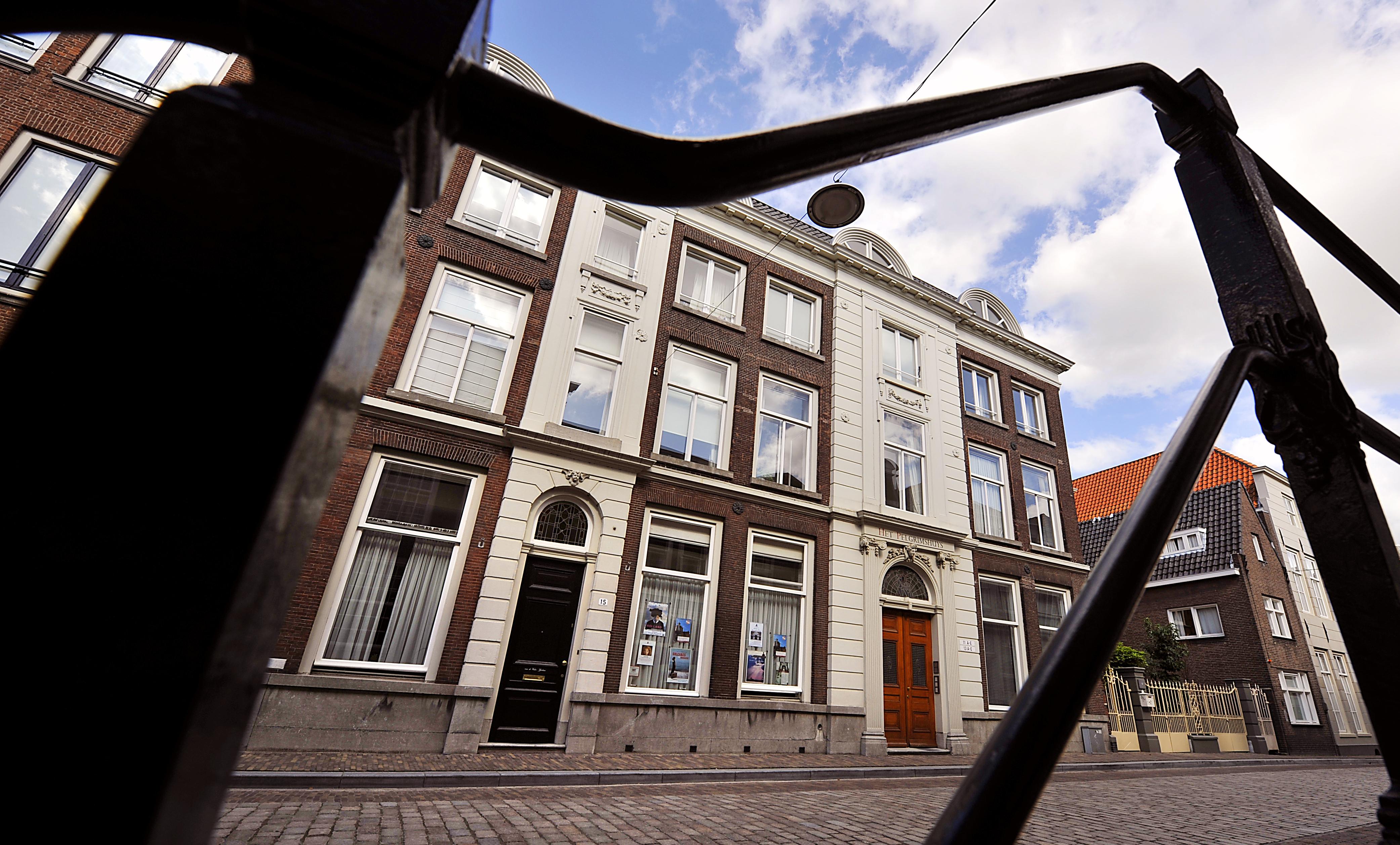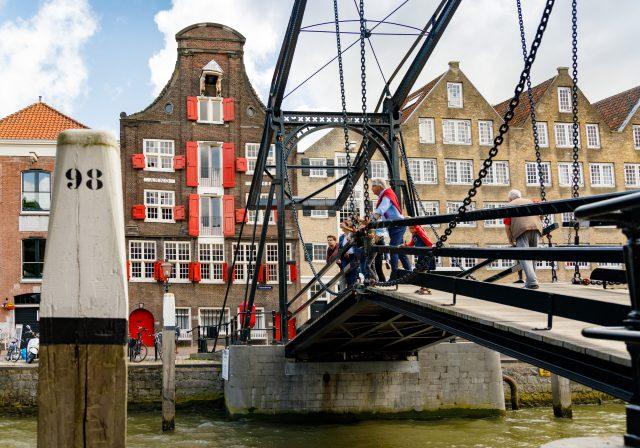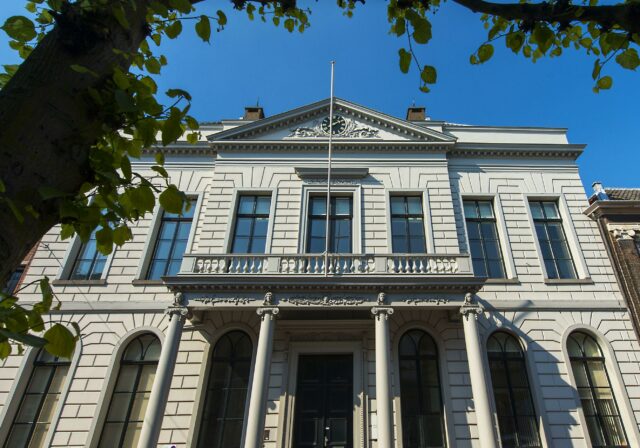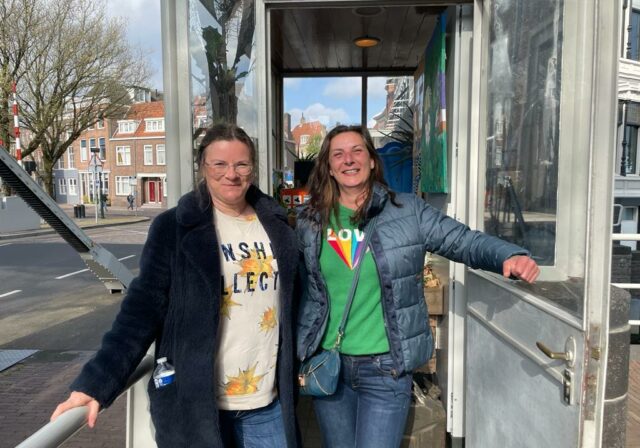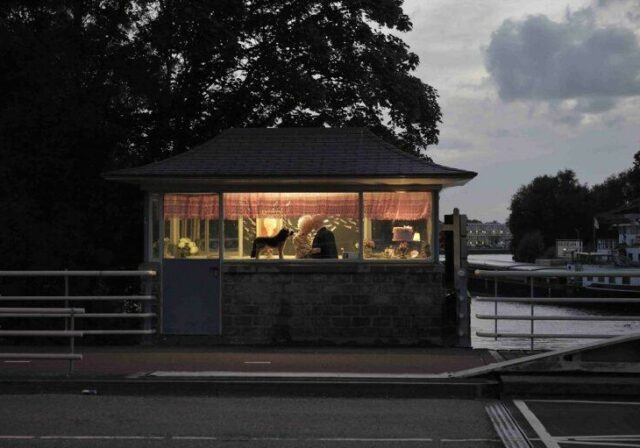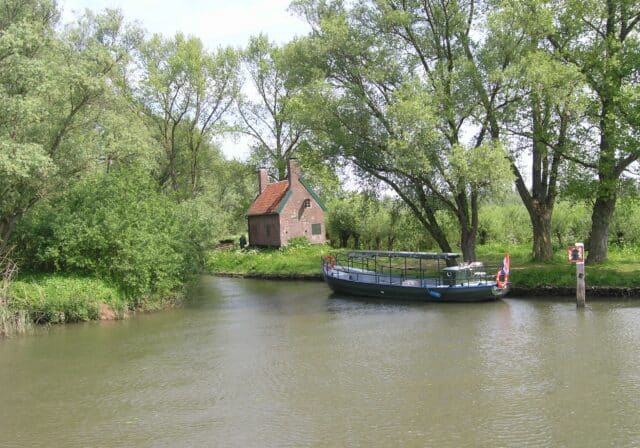- Year built: fourteenth century
- Style of construction: Louis XVI
- Original function: Guest house
Pelgrimshuys. This listed building is especially interesting because of its beautiful façade and long, rich history. The name Pelgrimshuys refers to the origin of the building: in the fourteenth century, the St. James's lords founded the guesthouse (or Pelgrimshuys) here, to provide accommodation for pilgrims on their way to Spain. During the 16th century, the number of pilgrims declined and the guesthouse, which was rebuilt after the city fire of 1457, was used for different purposes. It became a warehouse, meeting hall, orphanage, ammunition dump, residential home and home for the elderly. The St. James's lords, who gave up the building in the 16th century for other purposes, still had a beer cellar, a bottling plant and sleeping quarters for pilgrims in the building. They also still used the accompanying chapel.
Since the end of the 19th century, the Pelgrimshuys had been used as a nunnery. Later, the nurses' training centre of the Roman Catholic Hospital and the mortuary were established there. A small stone in the facade with the date 1893 refers to the construction date of the left part of the building. During the renovation in the 1990s, remnants of cellars and vaults were found, which were then covered with concrete. Since 2005, the Pelgrimshuys has housed a ballet studio.
